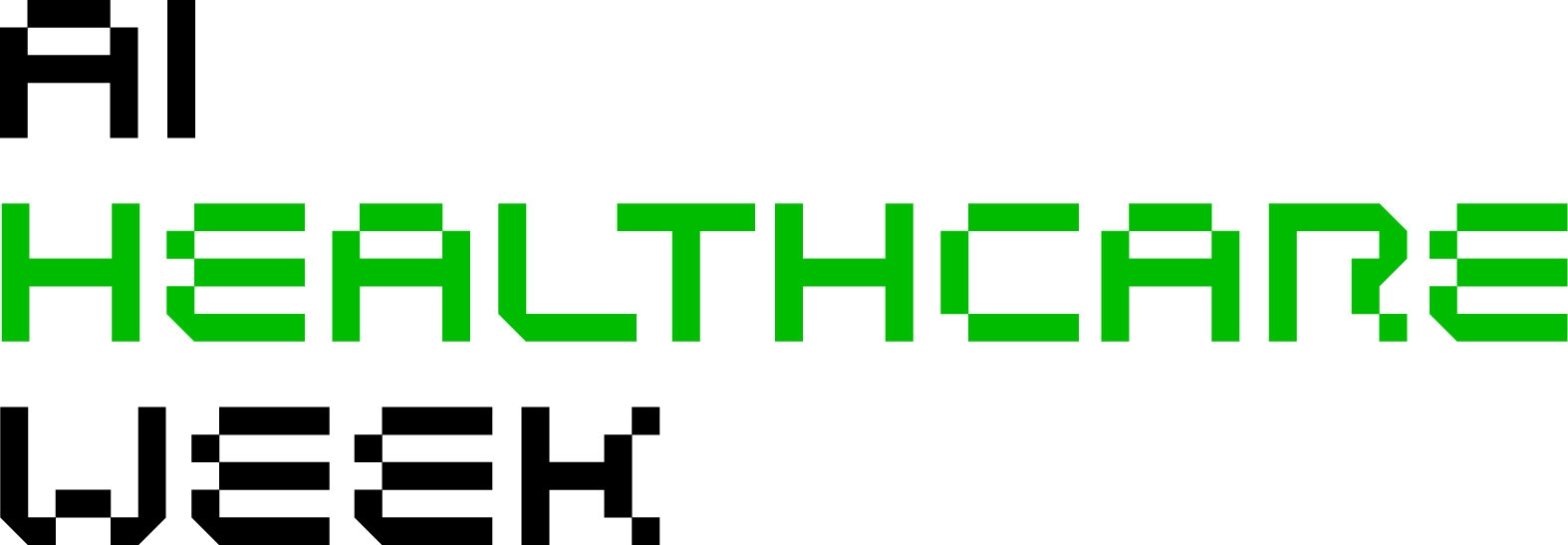In the evolving landscape of healthcare, AI-powered predictive models are playing a pivotal role in transforming care delivery. One of the most promising applications is in the field of risk stratification models, where AI helps predict the likelihood of adverse health events, enabling proactive and targeted interventions. These models use vast amounts of patient data, machine learning algorithms, and advanced analytics to categorize patients based on their risk levels, improving both the efficiency and effectiveness of healthcare services.
What are Risk Stratification Models?
Risk stratification models in healthcare are tools designed to identify patients at varying levels of risk for specific health outcomes, such as hospitalization, disease progression, or adverse events. These models employ predictive analytics to group patients into distinct categories based on a variety of factors, including age, medical history, social determinants of health, and behavioral patterns. By leveraging AI, these models can continuously refine their predictions as new data is incorporated, offering a dynamic and data-driven approach to patient care.

The Role of AI in Risk Stratification
AI enhances risk stratification by automating the analysis of complex datasets that would be too time-consuming for healthcare providers to evaluate manually. With machine learning algorithms, AI systems can recognize patterns in health data, identify at-risk individuals, and predict future health challenges with a high degree of accuracy. This predictive capability enables healthcare providers to intervene earlier, focusing resources on patients most likely to benefit from preventive care or intensive management.
Benefits of AI-Powered Predictive Healthcare
-
Improved Patient Outcomes: AI models help identify high-risk patients earlier in the care process, allowing for timely interventions that can prevent complications, hospital admissions, and even mortality.
-
Personalized Care: By segmenting patients based on their risk levels, healthcare providers can tailor treatments to meet the specific needs of individuals, optimizing resource allocation and enhancing patient satisfaction.
-
Cost Efficiency: Proactive care, driven by AI risk stratification models, can significantly reduce healthcare costs by preventing unnecessary hospitalizations, reducing emergency department visits, and minimizing the need for costly treatments.
-
Real-Time Monitoring: With real-time data analytics, healthcare providers can monitor patients’ health status continuously, making it easier to adjust care plans based on changing risk factors.
Challenges in Implementing AI in Healthcare
Despite the potential, implementing AI-powered risk stratification models in healthcare systems comes with challenges. These include concerns over data privacy, the need for large, high-quality datasets, and the integration of AI tools into existing clinical workflows. Additionally, while AI can predict risks, it cannot replace the critical role of human judgment, requiring healthcare providers to work in tandem with AI models for the best outcomes.
Embracing Proactive Care Through AI
AI-powered predictive healthcare, particularly through the use of risk stratification models, represents a significant leap toward more personalized, efficient, and proactive care. By predicting health risks and engaging early interventions, healthcare providers can not only improve patient outcomes but also contribute to a more sustainable healthcare system. As technology continues to evolve, the integration of AI into healthcare will only become more crucial in addressing the complex needs of patients and optimizing healthcare delivery worldwide.


